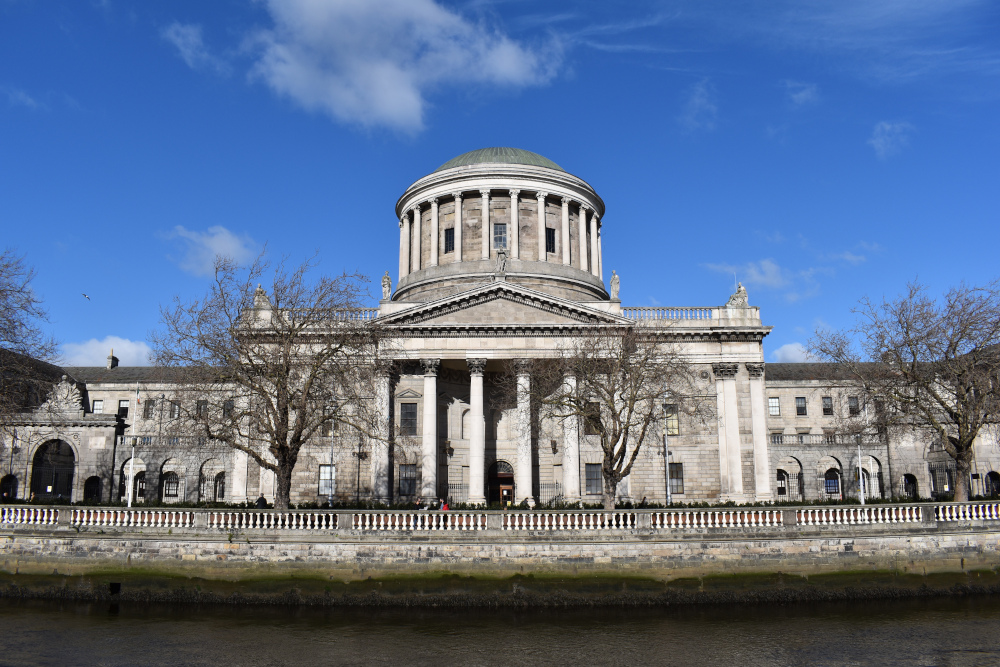Supreme Court agrees ‘reasonable mistake’ defence in child sex cases is unconstitutional

The Supreme Court has upheld a finding that the burden of proof for the “reasonable mistake” defence in child sexual offence cases is incompatible with the Constitution.
The court yesterday ruled unanimously that section 3(5) of the Criminal Law (Sexual Offences) Act 2006, which provides that the “reasonable mistake” defence as to the age of a complainant is to be proved on the balance of probabilities, is unconstitutional.
The State had sought to overturn Ms Justice Siobhán Stack’s decision in C.W. v. The Minister for Justice and Equality and Ors. [2022] IEHC 336, in which the High Court judge found the provision was contrary to Article 38.1 of the Constitution and breached the plaintiff’s right to a fair trial.
The plaintiff in the case had been imprisoned for a sexual act with a child below the age of 17. At the time of the act, he was 19 years and four months old and the victim was 15 years and 10 months old.
In a 92-page judgment, Chief Justice Donal O’Donnell and Ms Justice Iseult O’Malley noted: “In an era when young adults are much more sexually active than in the past, a genuine mistake is a realistic rather than a remote possibility, if the parties are not known to each other.”
The court acknowledged that “the objective of the legislation is certainly a legitimate one, and justifies both the imposition of a burden of proof on the defence and the requirement that the mistake be reasonable”.
However, “the pitching of that burden at the level of proof on the balance of probabilities either impairs the right to be presumed innocent to the point where it must be considered disproportionate andcontrary to the constitutional presumption of innocence or fails to guarantee a trial in due course of law as required by Article 38 of the Constitution”, the court concluded.
Mr Justice Peter Charleton issued a separate concurring judgment to “offer concise observations on the history of reversed burdens of proof and on any potential indicia whereby the State may validly legislate to take an essential element of proof of a true criminal offence and require an accused to prove innocence by establishing a negative as to that element”.







